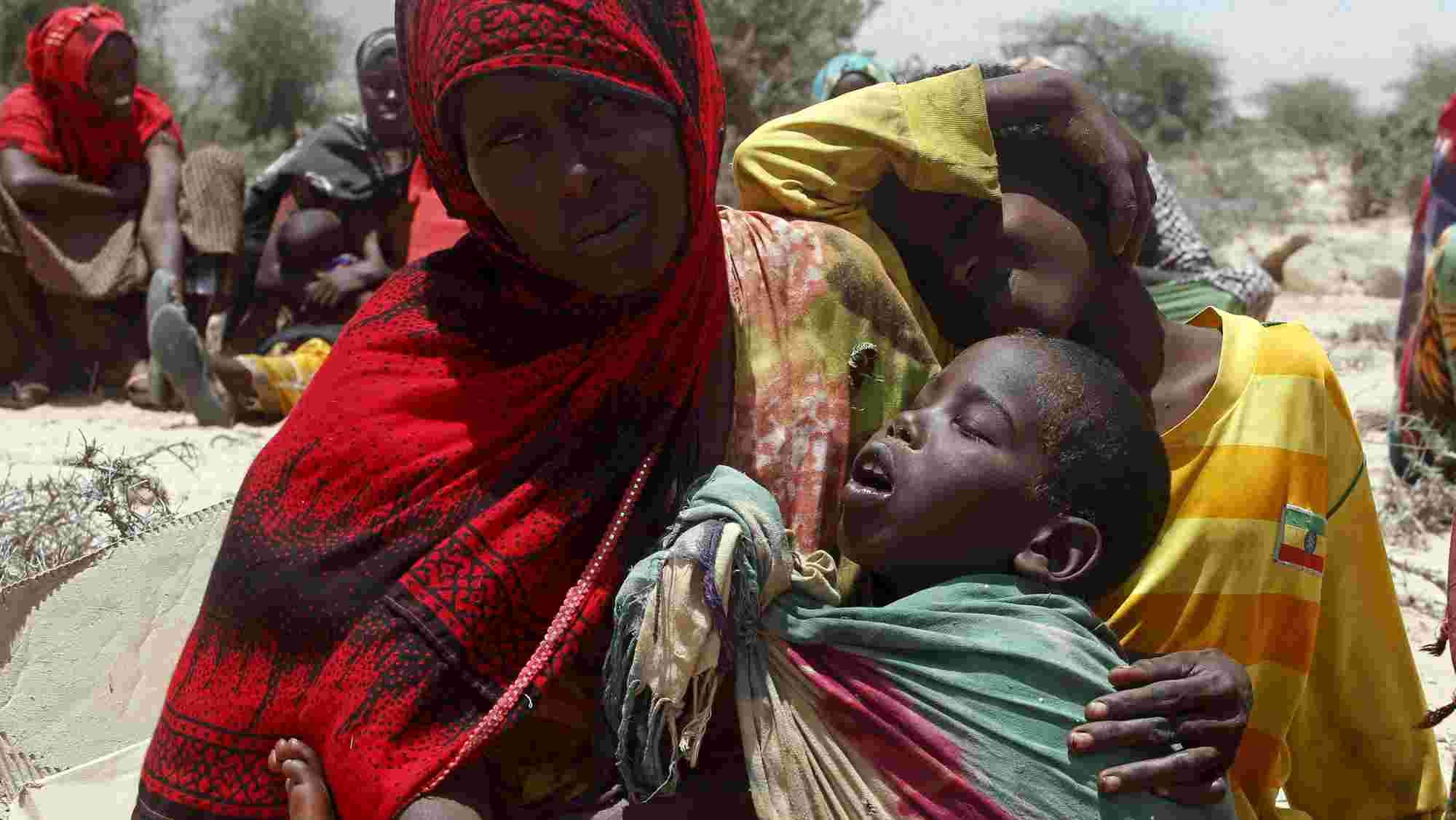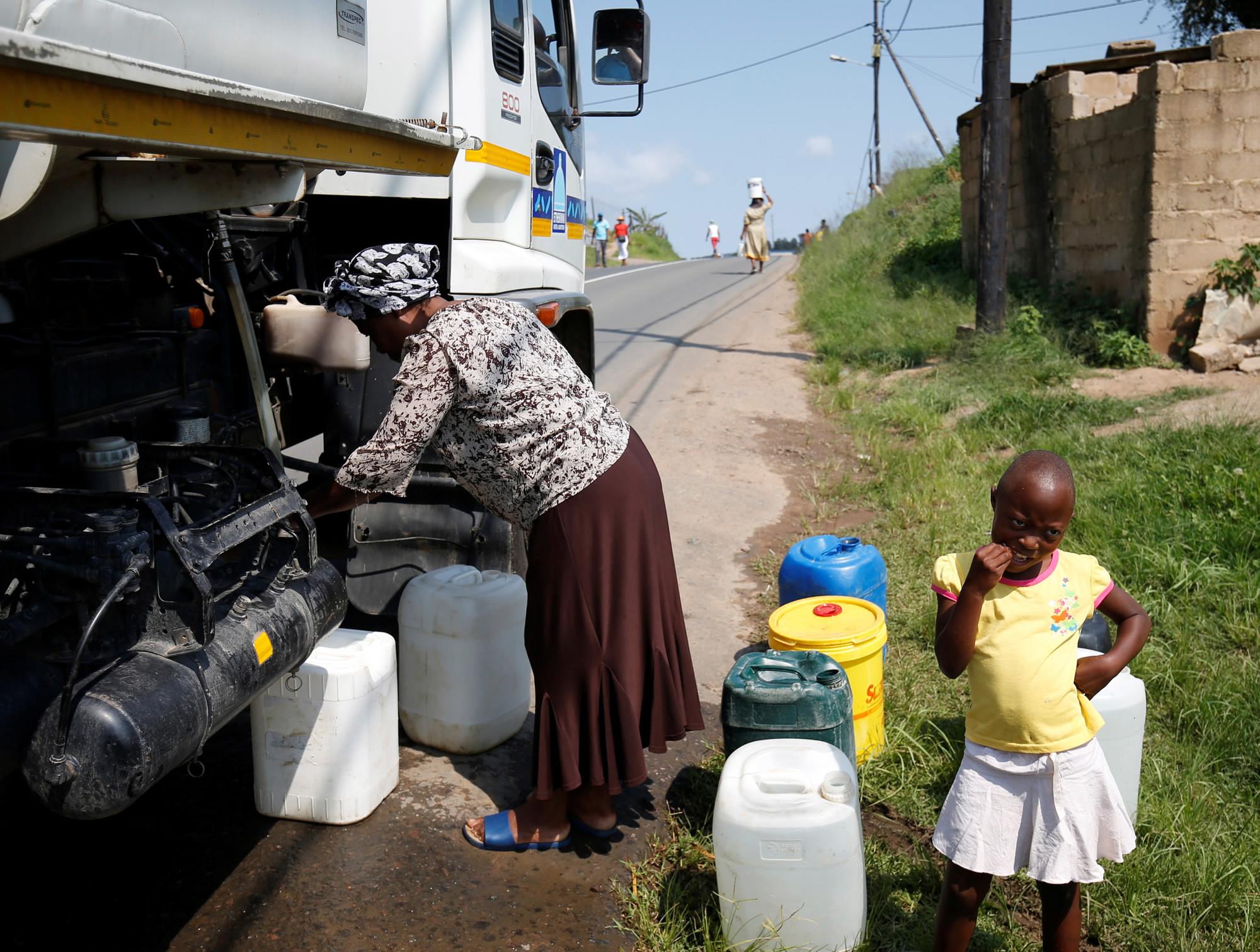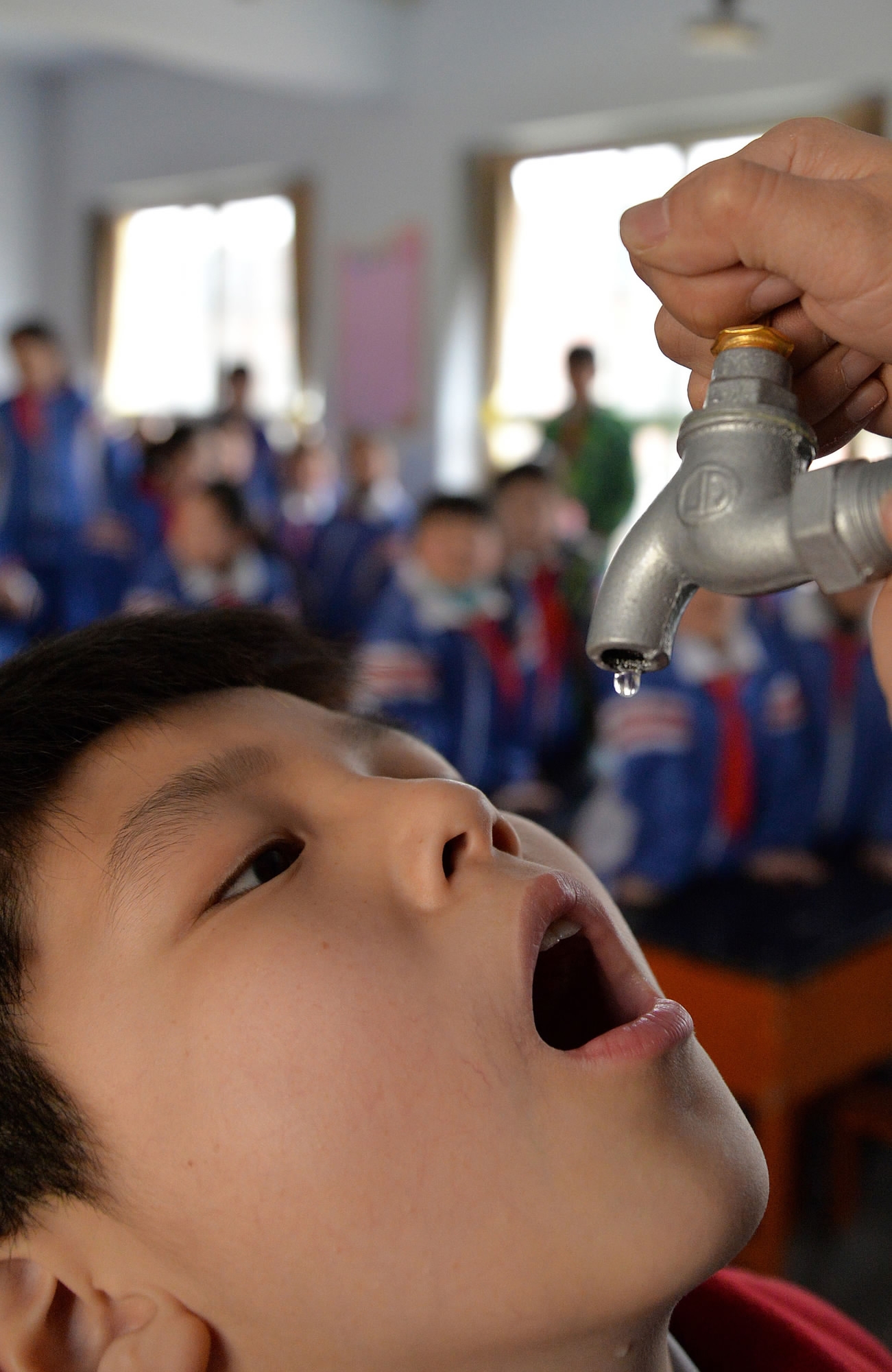One in four children may face severe water shortages by 2040
2017-03-22 22:33:33 GMT+8

Editor
Dang Zheng
One in four children — 600 million in total — may live in areas with severely limited water resources by 2040, putting them at risk of deadly diseases like cholera and diarrhoea, the UN children's agency UNICEF said on Wednesday.
Already some 500 million children live in areas with limited water supplies, and the demand for water today far exceeds available resources in 36 countries, UNICEF said.
Supplies are expected to shrink further due to droughts, rising temperatures, flooding, population growth and urbanization, the UN agency said in a report. If no action is taken to clean up and conserve water supplies, more children will be forced to drink potentially unsafe water as a result, UNICEF said.

VCG Photo
Climate change is one of the reasons behind reduced water sources in the future, impacting "the quality and quantity of the water", Cecilia Scharp, a senior water advisor at UNICEF, said.
Flooding, which is expected to increase due to rising sea levels and changing weather patterns, can pollute water supplies and spread unsafe water across wide areas.
Droughts are also expected to increase in frequency and severity.
Women and girls now spend 200 million hours a day collecting water, and this will rise if they are forced to travel further to reach water sources, making them vulnerable to attack in some countries, UNICEF said.
UNICEF’s projections are based on models assuming no action is taken to conserve water and tackle pollution, Scharp said.
But governments, industries, agricultural businesses and communities can help diminish the impact of climate change on children in countries pressed for water resources, the agency said.

VCG Photo
Governments should plan for risks to water supplies from drought, rising temperatures, flooding, population growth and urbanization, Scharp said.
Businesses should ensure they are conserving as much water as possible, and reusing waste water whenever they can, UNICEF said.
"You can use economic incentives so people don't overuse (water),” Scharp said of local governments.
“You can put restrictions on ... personal use of water in urban areas where a lot of water is used for lifestyle activities, more than (for) consumption."
Poorer children will be hurt the most by a depletion of water sources in the future. This "should come as no surprise", UNICEF said.
(Story by Reuters)
Copyright © 2017
